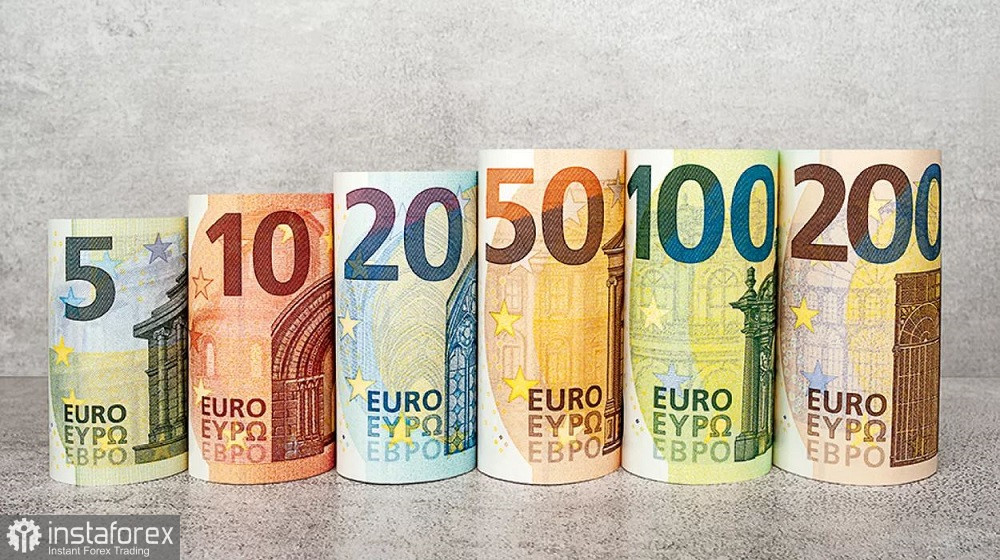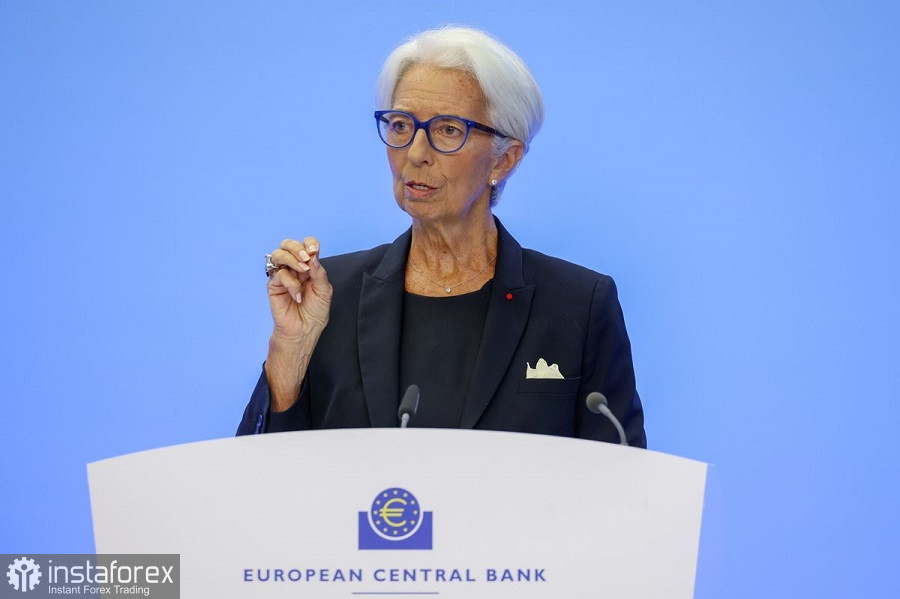On Thursday, March 16, the European Central Bank will announce the results of its March meeting. On the one hand, the outcome of this event is largely predetermined: ECB President Christine Lagarde announced another rate hike back in February. On the other hand, Lagarde's latest comments did not contain her former determination. Therefore, the intrigue remains not only about further prospects for tightening of monetary policy, but also about the outcome of the March meeting.

Especially in light of the recent events in the U.S. The so-called "bank failure" reminded the financial world of the possible side effects of an aggressive policy. Whether this factor will affect the determination of ECB members is an open question. Complicating the puzzle is the European inflation, which is stubbornly high, and, judging by the latest release, shows an upward trend. In other words, the ECB meeting in March will not be a passing one.
Inflation surprised
Recall that the latest data on inflation growth in the Eurozone (for February) came out in the "green zone." The overall consumer price index was 8.5%, whereas most experts had expected a bigger drop—to 8.2%. The core consumer price index showed an upward trend and was at 5.6% (with the forecasted minimum decline to 5.2% from the previous value of 5.3%). The day before, German data was released, which also reflected alarming trends. In particular, the annual Harmonised Index of Consumer Prices (HICP), which the ECB prefers to use to measure inflation, rose to 9.3% (after rising to 9.2% in January). Overall, all components of the German report exceeded forecasts.
However, despite the "green color" of the inflation report, Lagarde did not tighten her rhetoric. Commenting on this release, she noted that inflation should slow down "much more significantly" in March. Such a "cold shower" from Lagarde sobered the buyers of EUR/USD, after which the upward impulse faded, and the pair drifted again.
Lagarde made those comments just two weeks ago. Since then, the macroeconomic picture as a whole has not changed. One could assume that the ECB is 100% likely to implement a baseline scenario involving a 50-point rate hike. If not for one "but"—the collapse of a large U.S. bank, Silicon Valley Bank. Echoes of this event reached Europe as well. In particular, the yields on short-term government bonds in the Eurozone are actively declining. This indirectly indicates that market participants are betting on a slowdown in the ECB's monetary tightening cycle. Short-term bonds, which are the most sensitive to rate expectations, fell Tuesday by 25 basis points to 2.443%. This is the lowest level in two months (the lowest since January 19). By comparison, German two-year bond yields exceeded 3.3% last week.
50 or 25?
At the end of the February meeting, the head of the ECB actually announced a 50-point rate hike in March. But earlier this month, Lagarde was already more cautious in her estimates. According to her, a rate hike at the March meeting "is very likely and necessary." And while Lagarde acknowledged that the regulator will move towards further tightening, she did not specify the possible trajectory of this move. "At what pace we will raise rates at each of the next meetings, it's impossible to say now," Lagarde said.
Against the background of such rhetoric, and also in the light of recent events in the U.S., some analysts have suggested that the European Central Bank will not act rashly tomorrow. In particular, currency strategists at Deutsche Bank said today that they see a 25 basis point hike in ECB interest rates as most likely. At the same time, they did not rule out the option of a pause in raising rates "if the situation on the markets does not stabilize by Thursday."

At the same time, according to a Reuters insider, ECB officials are still inclined to raise rates by 50 basis points, as inflation in the eurozone will remain too high. In addition, according to insiders, members of the regulator are afraid to undermine their credibility by refusing to implement the widely announced 50-point scenario. Similar information was published by the news agency MNI, citing its sources.
Conclusions
In my opinion, the European Central Bank will still decide to increase rates by 50 basis points, given the dynamics of inflation growth in the euro area and media insiders. It is also worth noting that ECB representative Yannis Stournaras voiced rather restrained rhetoric on Tuesday, commenting on the situation with Silicon Valley Bank. According to him, he did not note any impact of the collapse of SVB on banks in the euro area. The remark comes amid comments from Eurogroup President Paschal Donohoe, who, the day before, said the eurozone has very limited exposure to SVB risks.
Given the fact that some experts (in particular, Deutsche Bank) suggested that the pace of tightening of the monetary policy will slow down to 25 points, the implementation of the 50-point scenario may provide significant support for the euro, including in the pair with the dollar.





















